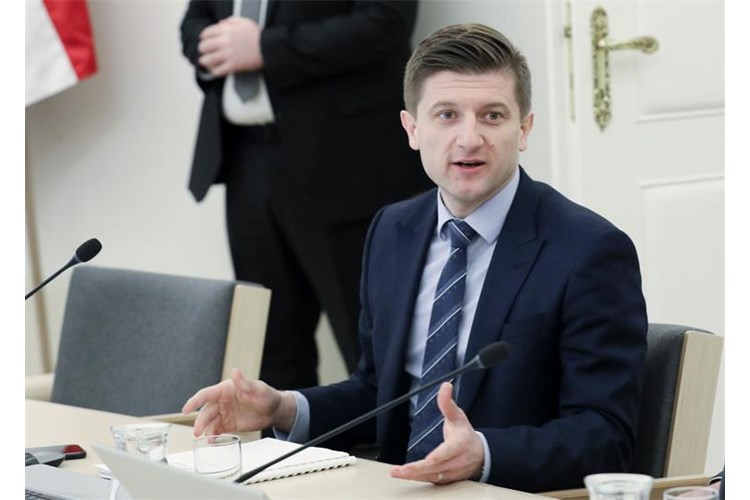


Earlier on Thursday, the European Commission said in its Winter 2020 Economic Forecast that Croatia's real GDP growth "is estimated to have risen to 3.0% in 2019", as against the previous forecasts of 2.9%, assessing that the economy would grow at a rate of 2.6% in 2020 and at 2.3% in 2021.
Maric recalled that the government's projections for this year's budget started from the position that Croatia's Gross Domestic Product would go up by 2.5% in 2020 and by 2.4% in 2021.
"So it's a really small difference," Maric said.
The forecast for inflation is also similar.
"The HICP inflation rate halved in 2019 compared to 2018, due to negative inflation for unprocessed food price, resulting from changes in the applicable VAT rate," says the EC, projecting Croatia's inflation at 1.5% in 2020 and at 1.7% in 2021.
Maric said that the government's forecast for inflation in 2020 was about 1.3%.
The finance minister agreed with the Commission's assessment that the domestic demand continued to be the main driver of growth in both years. In this context Maric also agreed with the assessments about the contribution from investments and household consumption.
"Household consumption growth is expected to inch down but remain supported by rising real disposable incomes as unemployment, already at record low levels, is expected to further decline," the EC said. "Investment growth is expected to remain strong, supported by a growing volume of maturing EU-funded projects from the 2014-2020 programming period," it added.
Maric said that "the effects of the tax reforms and of some other elements have made their marked contribution and we can't expect their equal contribution from year to year."
"In any case, they also put emphasis on this external environment, just as we have," he said, adding that the government cannot influence international circumstances which, in turn, can affect Croatian net exports.
Asked if he was concerned by the fact that the country's economic growth was decelerating, the minister said that growth rates were the most important, as well as developments on the labour market, employment and wages.
The current growth rate is real and everyone should strive for higher growth rates, but that cannot be achieved overnight, Maric said.
Text: Hina